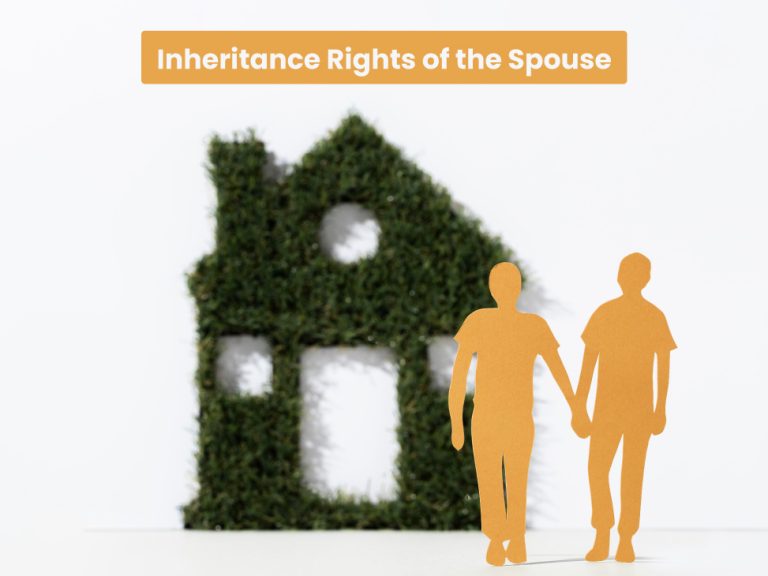Meenakshi Taheem
Getting home loan is very BASIC now
Get a loan in under 5 mins

Navigating inheritance rights can be complex, especially when it involves a home that only one spouse is listed on the mortgage for. Many wonder: can a spouse who is not on the mortgage still claim the home? The answer is multifaceted, depending on various factors such as local laws, the couple’s financial arrangements, and the presence of a will.
In India, property and inheritance laws can vary significantly based on personal laws applicable to different religious communities, such as Hindu, Muslim, Christian, and others. Generally, property ownership and mortgage responsibilities are governed by a combination of these personal laws and statutory laws like the Transfer of Property Act, 1882, and the Indian Succession Act, 1925.
Table of Contents
Ownership (Title): Determines who legally owns the property.
Mortgage: A legal agreement where the borrower pledges the property as security for a loan. The person on the mortgage is responsible for repaying the loan.
Suggested read: Women Rights to Property in India
In India, there is no unified concept of marital property. However, under various personal laws, a spouse may have certain rights over the property, even if they are not explicitly listed on the title or mortgage.
According to the Hindu Succession Act, 1956, if the husband dies intestate (without a will), the wife, along with other legal heirs such as children and parents, has a right to an equal share in the property, including the home. This right exists regardless of whether the wife is on the mortgage.
Under Muslim personal law, inheritance is governed by Sharia. A widow is entitled to a share of her deceased husband’s property. The exact share depends on other surviving heirs. Generally, a widow receives one-eighth of her husband’s estate if there are children, and one-fourth if there are no children.
Suggested read: Property Rights for Adopted Children
The Indian Succession Act, 1925, governs the inheritance rights of Christians. If a Christian husband dies intestate, the widow is entitled to one-third of the property, with the remaining two-thirds divided among the children. If there are no children, the widow inherits half, and the remaining half goes to the kindred.
If the deceased spouse left a will, the property would be distributed according to the terms of the will. The spouse not listed on the mortgage could still inherit the property if designated as a beneficiary in the will. It is crucial to have a legally sound will to ensure the intended distribution of assets.
Suggested read: Supreme Court Judgments on Ancestral Property
To avoid disputes and ensure a smooth transition of property, couples are advised to consider the following:
In India, a spouse who is not on the mortgage can still claim the home through inheritance laws applicable under their personal laws or through a will. Understanding the distinction between mortgage responsibility and property ownership, and being aware of the relevant inheritance laws, can help spouses navigate their rights and secure their future. Proper financial planning, including joint ownership and will drafting, is essential to protect the interests of both spouses.
By being informed and proactive, couples can ensure that their property and financial matters are handled smoothly, providing peace of mind and security for their loved ones.
Yes, under Indian inheritance laws, a spouse can claim part of the inheritance based on personal laws applicable to their religion.
Yes, a wife can claim a share of her husband’s inherited property under personal laws like the Hindu Succession Act, 1956, or Muslim personal law, depending on the religion.
If your husband dies intestate (without a will), you can still claim a share of the property as per the applicable inheritance laws. If there is a will, the property distribution will follow the terms of the will.
In India, there is no unified concept of marital property. Inheritances are generally considered individual property unless explicitly converted into joint property or if the couple resides in a community property jurisdiction.
The responsibility for the mortgage typically falls to the estate of the deceased. As an heir, you may inherit both the property and the mortgage liability, depending on the terms of inheritance and the applicable laws.
Published on 24th June 2024